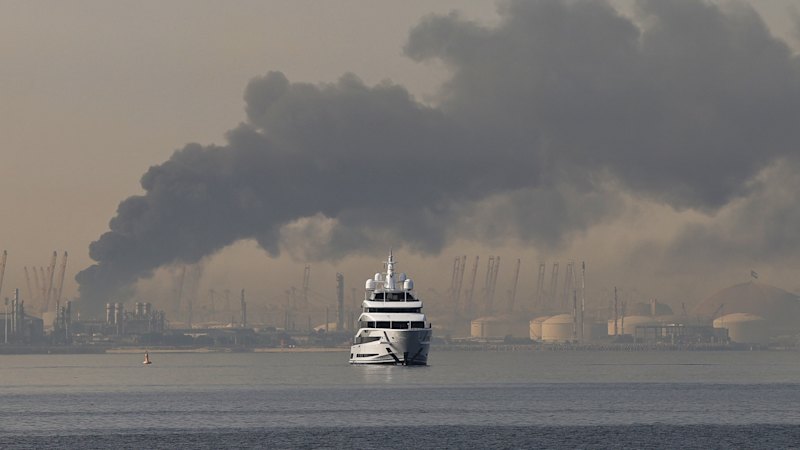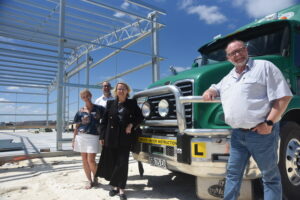
Australian Prime Minister Anthony Albanese stands at a pivotal moment to implement significant reforms across various sectors as his government secures a commanding majority in the House of Representatives. With the opposition struggling to develop coherent policies, experts argue that the time is ripe for Albanese to tackle long-standing issues such as taxation, gambling, environmental sustainability, energy, education, and regional cooperation.
In a recent analysis, Peter Hartcher highlighted Albanese’s growing influence on the international stage and the enhancement of his political brand. With the Australian Labor Party (ALP) in a position of strength, the call for reform is echoed by former treasurer Wayne Swan, who warned against complacency while also urging the government to confront the challenges often relegated to the “too-hard basket.”
Calls for Leadership and Reform
Hartcher’s observations align with the sentiments of various commentators who believe that bold leadership is essential for reshaping Australia’s future. There is a clear opportunity for Albanese to elevate his political legacy alongside iconic figures such as Bob Hawke and Paul Keating. As the saying goes, “Leaders who avoid rocking the boat often end up sinking it.” This moment presents an opportunity for Albanese to define his administration through transformative policies that resonate with the electorate.
Critics have emerged, suggesting that Albanese does not represent the working class as effectively as perceived. Some have pointed to his middle-class background, noting that his mother was a schoolteacher, and argued that his policies do not adequately address pressing issues like the housing crisis. This has led to a discourse questioning his alignment with traditional Labor values, particularly in comparison to past leaders like Gough Whitlam.
Despite differing opinions on his political positioning, Albanese’s recent interactions with centre-left parties during his visit to the United Kingdom, particularly with Keir Starmer, have been hailed as a proactive approach to counter rising far-right movements globally. Observers note that while the Prime Minister is often criticized domestically, he enjoys significant respect abroad for his leadership and achievements.
Concerns Over Major Infrastructure Projects
Amid discussions of policy reform, the status of the Snowy Hydro 2.0 project raises concerns about government accountability and cost management. Initially proposed as a $2 billion project with a completion date set for 2021, the estimated cost has ballooned to $12 billion with a new completion target of 2028. Such dramatic increases in budget and timeline have ignited criticism regarding government oversight and fiscal prudence.
The government’s response to the escalating costs has involved a line-by-line reassessment of expenses, overseen by independent experts. This scrutiny has raised questions about why similar evaluations do not occur for ongoing subsidies like the diesel Fuel Tax Credits Scheme, which has cost taxpayers $122.7 billion since its inception in 2007 and continues to rise annually.
Critics argue that projects such as Snowy 2.0 should be prioritized for transparency and accountability, particularly in light of the Coalition’s past financial mismanagement. The substantial increase in costs for Snowy Hydro stands in stark contrast to the Coalition’s critiques of the current government’s renewable energy initiatives, further complicating the political landscape.
As the government navigates these multifaceted challenges, the call for Albanese to take decisive action is louder than ever. He faces the dual task of addressing immediate infrastructure concerns while also fostering long-term reforms that could define his legacy. The coming months will be crucial in determining whether Albanese can indeed seize this moment to deliver transformative changes for Australia.







